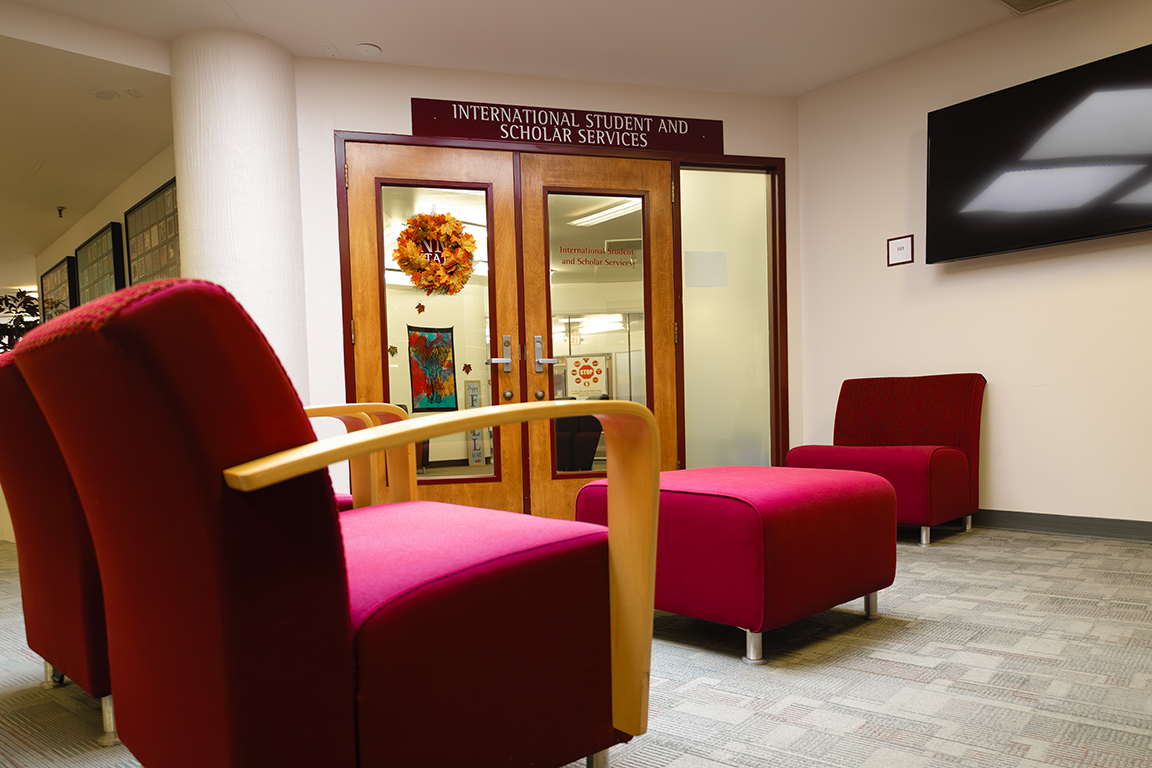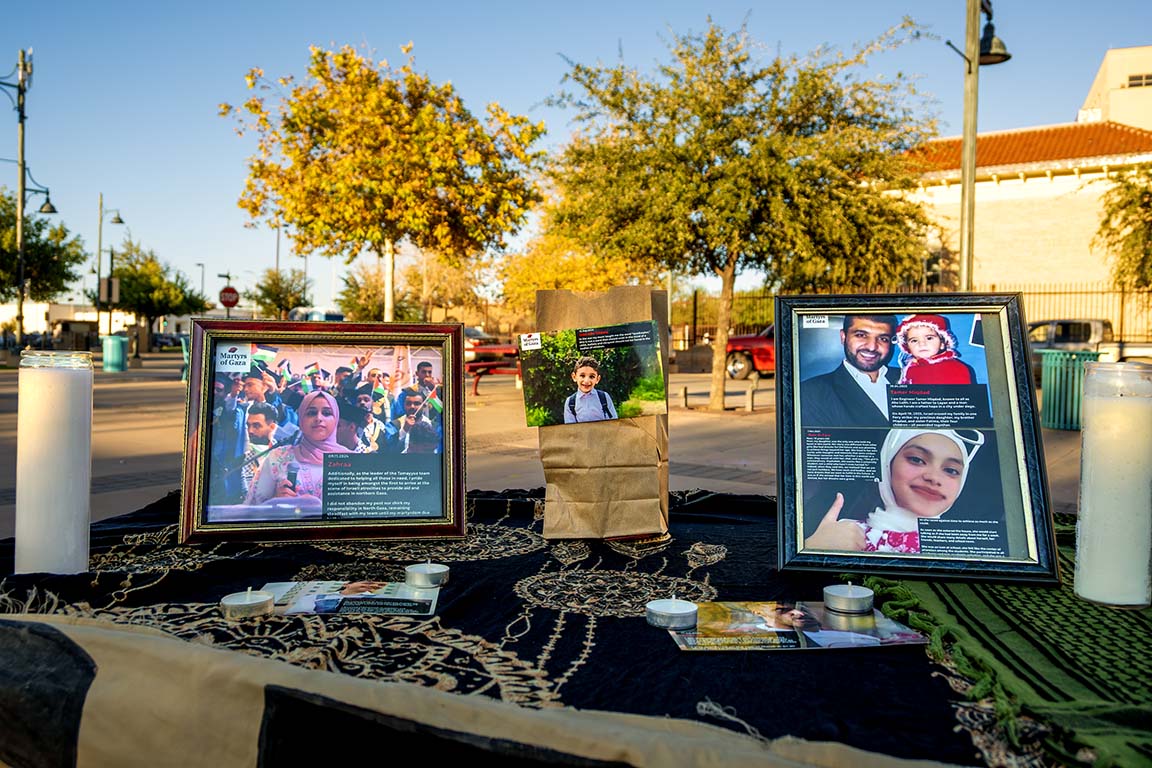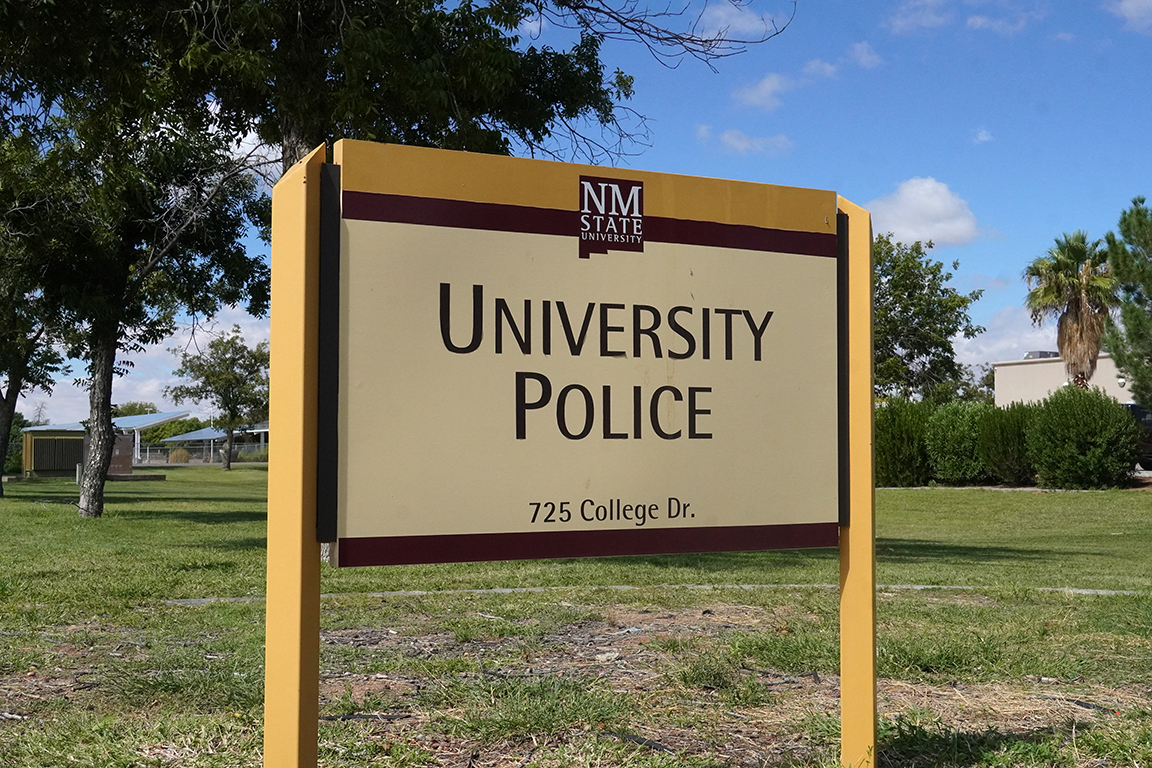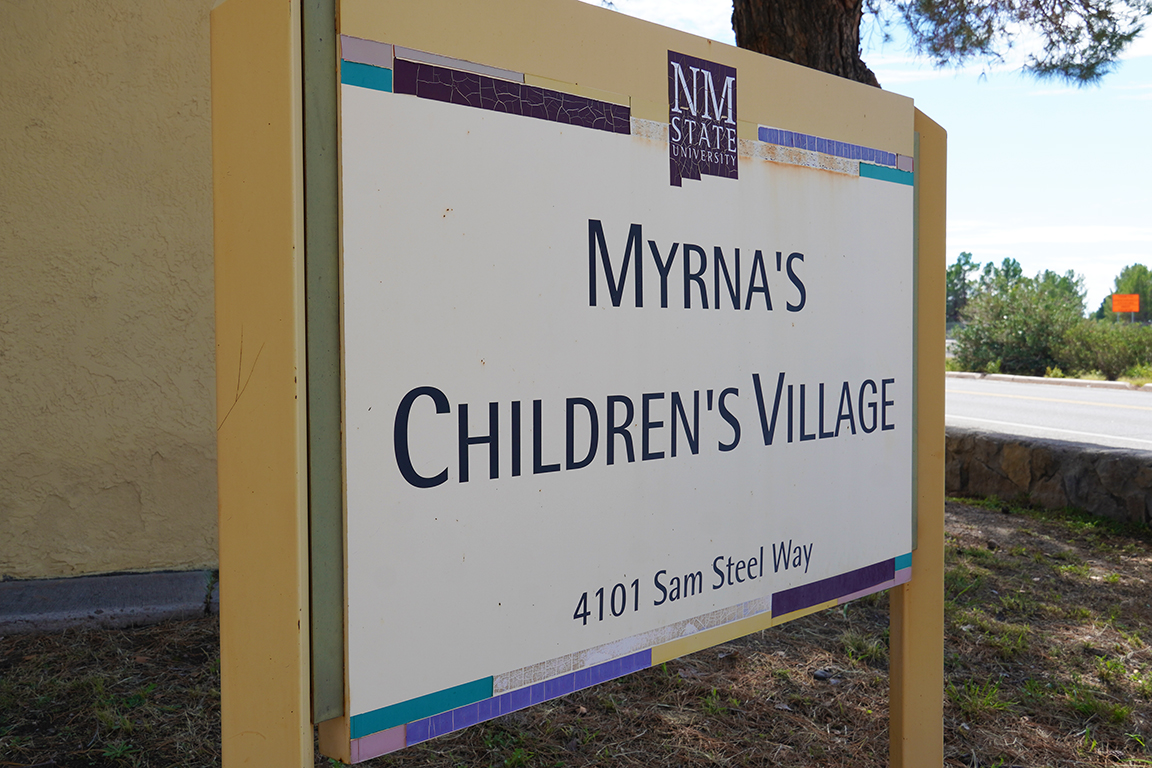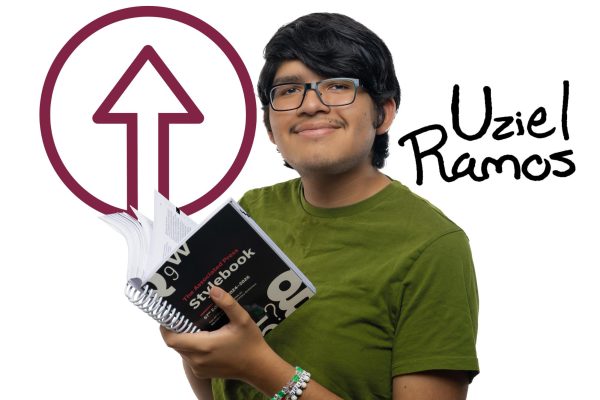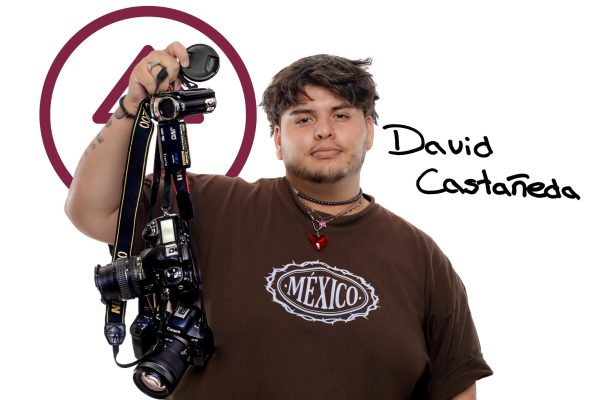On Aug. 22, 2025, New Mexico State University President Valerio Ferme sent out a beginning of the school year email to the community. In it, Ferme expressed his concern that recent U.S. policies on student visas may have lowered the rates international students have been applying at NMSU.
NMSU has offered its programs to international students for several years. According to the Fall 2024 Factbook, 5.7% of the university’s student body identified as non-U.S. residents.
On June 4, 2025, President Donald Trump signed a proclamation declaring his intent to begin enacting restrictions on international students coming to study abroad in the United States. Citing sections 212(f) and 215(a) of the Immigration and Nationality Act and section 301, title 3 of the U.S. code. Both Congress and the State Department manage policy on student visas.
There have been several cases of international students across U.S. campuses having their visas revoked and, in some cases, being detained by ICE. One high-profile incident was the 3-month detainment of Columbia University graduate and activist Mahmoud Khalil. Between April 7 and April 10, up to six international students at NMSU had their student visas revoked. By May 2, the revoked visas were reinstated. Ferme mentioned factors like these could impact the recent number of international students coming to NMSU, which he said has gone down recently.
“Our student enrollments across all campuses and modalities are up,” Ferme said “With the one exception being on-campus graduate students as, quite expectedly, the impact of bans and delays in visa approvals have curtailed their opportunities to be enrolled. Naturally, we will monitor the challenges this poses to basic functions such as teaching and research and will explore possible solutions.”
Ferme referenced an incident where a graduate student was detained and interrogated by ICE agents before being released. He urged Aggies to reach out and support their international peers.
“Though she was later released, the event cannot but impact the beginning of their school year,” Ferme said.
Trump said that these protocols are to better enhance the government’s ability to keep out or detect foreign nationals who could pose a ‘threat’ to public safety and the country’s national interests.
“I remain committed to engaging with those countries willing to cooperate to improve information-sharing and identity-management procedures, and to address both terrorism-related and public-safety risks,” Trump said. “Nationals of some countries also pose significant risks of overstaying their visas in the United States, which increases burdens on immigration and law enforcement components of the United States, and often exacerbates other risks related to national security and public safety.”
One of these measures was Executive Order 14161 which directed the Secretary of State to begin identifying countries whose nationals, if arriving with student visas, are to be vetted and screened for background information. Additionally, in late May, the State Department temporarily suspended the scheduling of new student visa interviews to start setting up their social media vetting and screening systems.
On top of new student visa policies, Trump ordered wider U.S. entry restrictions from countries such as Afghanistan, Cuba, Haiti, and Venezuela. He cited that some of these nations are “sponsors of terrorism,” or that their students have the highest rate of overstaying in the U.S.


